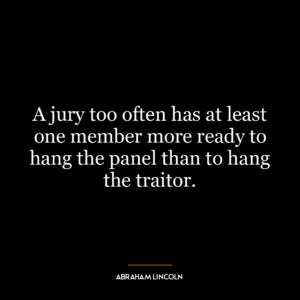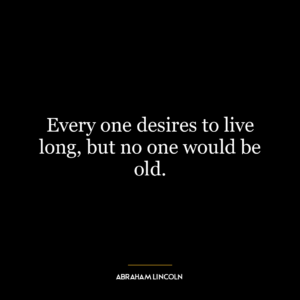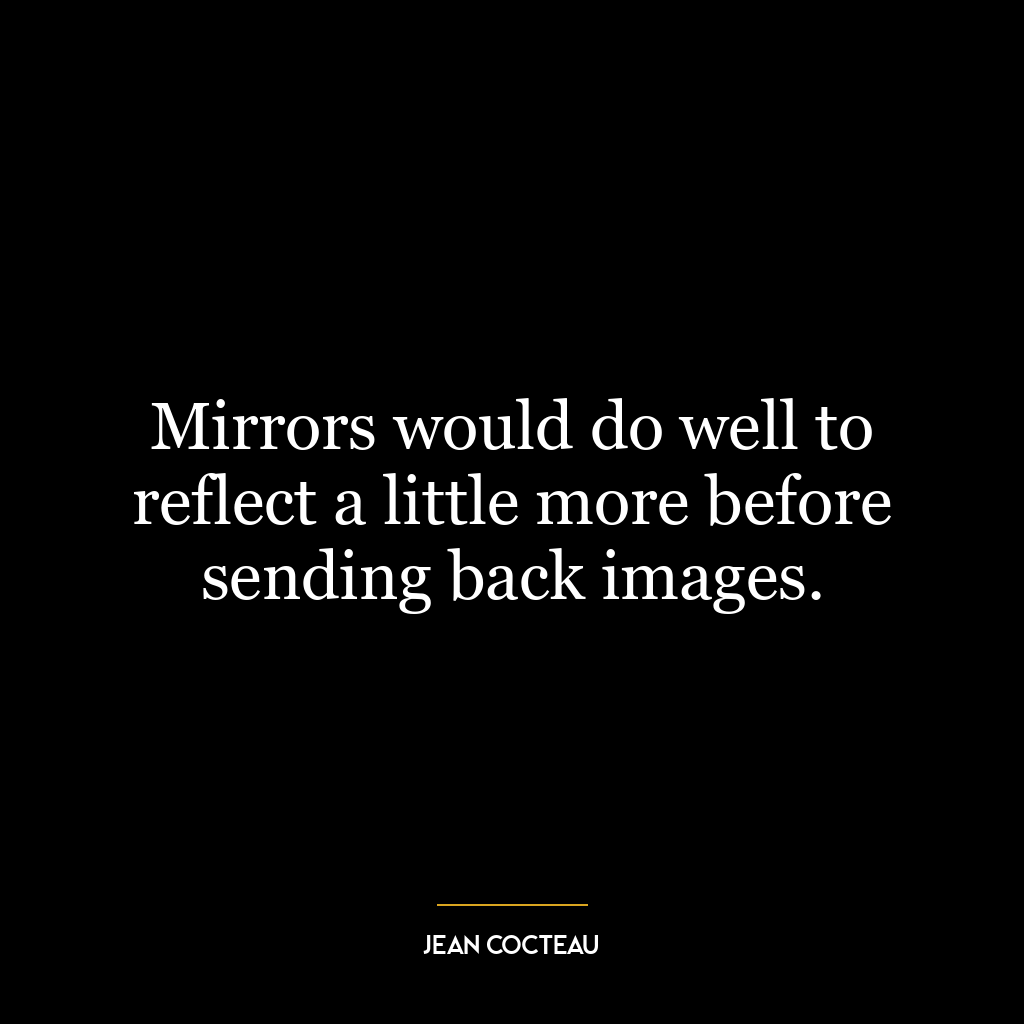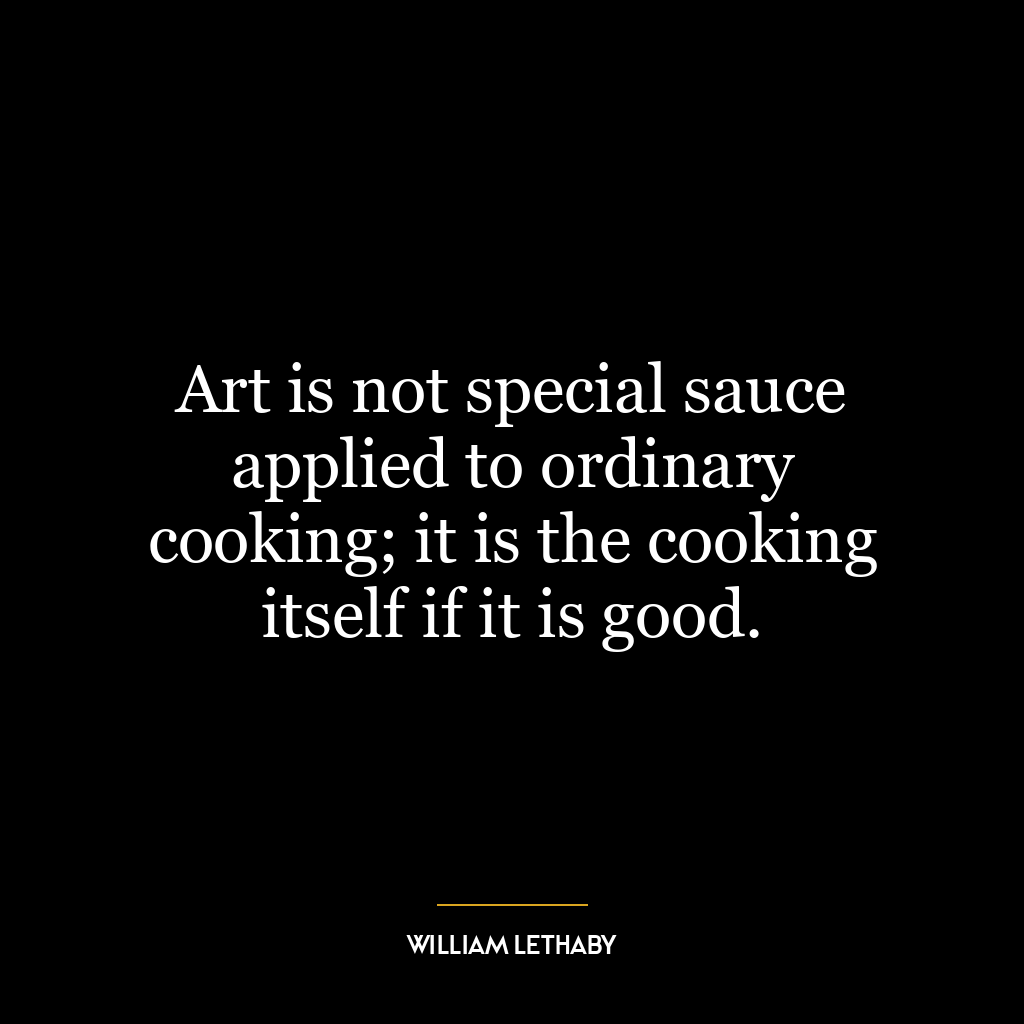I couldn’t be two faced. If I had two faces, I wouldn’t wear this one.
This quote is a clever self-deprecating remark that also serves as a critique of duplicity or hypocrisy. When Lincoln says, “I couldn’t be two-faced. If I had two faces, I wouldn’t wear this one,” he’s essentially saying that if he had the ability to present a different face, or personality, to the world, he wouldn’t choose the one he currently has, implying some dissatisfaction with his own appearance. However, he doesn’t have two faces, so he must present his true self to the world, warts and all.
The quote is a commentary on the importance of authenticity and honesty. It suggests that it’s better to be true to oneself, even if one’s true self is flawed or not as attractive, than to put on a false front for the sake of appearances. Lincoln is saying that he’d rather be authentic and real, than fake and deceitful.
In today’s world, this idea is more relevant than ever. With the rise of social media, people often present idealized versions of their lives online, which may not reflect their true selves or their real lives. This can lead to feelings of inadequacy and dissatisfaction among those who compare themselves to these idealized images. Lincoln’s quote serves as a reminder that it’s more important to be genuine and true to oneself than to project a false image.
In terms of personal development, this quote can serve as a guiding principle. It encourages us to embrace our flaws and imperfections, and to present our true selves to the world, rather than trying to be something we’re not. It suggests that authenticity and honesty are more valuable than superficial appearances. In a world that often prioritizes image over substance, this is a powerful reminder to stay true to ourselves.















